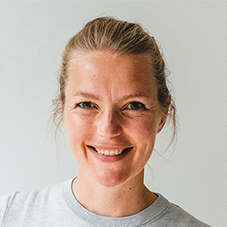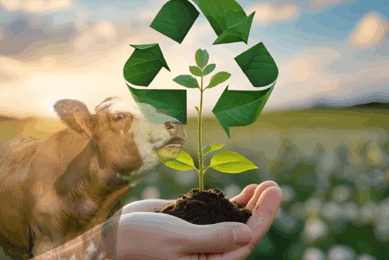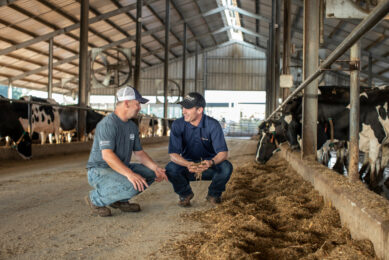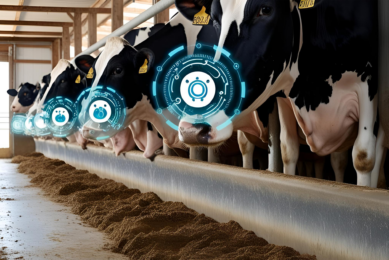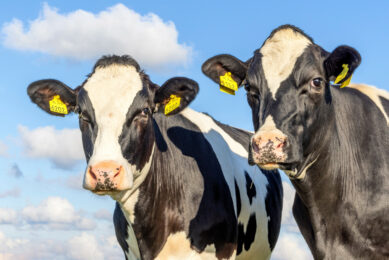Arla wants to be more sustainable by 2050
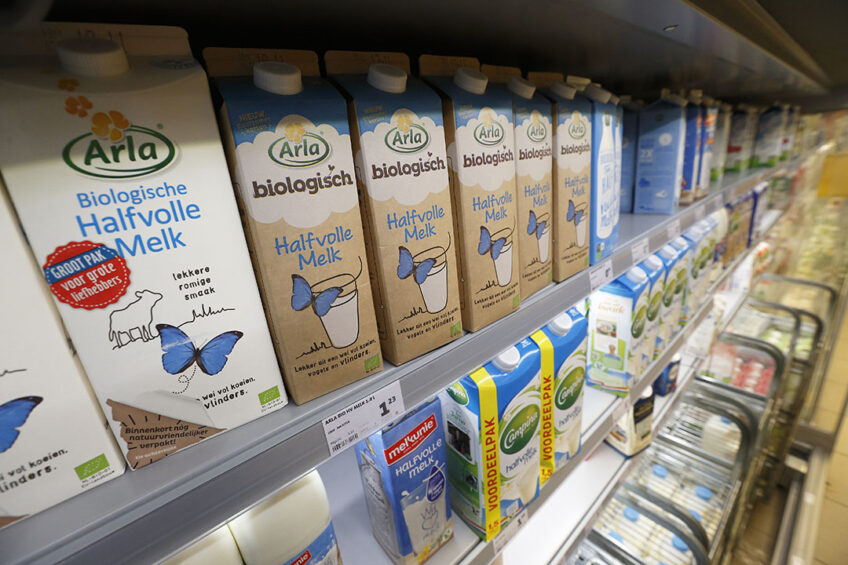
Europe’s largest dairy co-operative, Arla Foods, announced that by 2050 its operations from cow to consumer will be more sustainable.
In practice this means that – by 2050 – the Arla Foods operations will be carbon net zero, with any unavoidable emissions (for example, from farms) entirely offset by improvements elsewhere in the supply chain, balance nitrogen and phosphorus cycles to support clean water systems and be even more closely aligned with nature to further increase biodiversity across Britain’s countryside.

Business growth without environmental impact
These new targets come after the co-operative, owned by 10,300 farmers across the UK, Germany, Denmark, Sweden, Finland, the Netherlands, and Belgium shows business growth can be achieved without environmental impact. While Arla has managed almost 50% more milk since 2005, its CO2 emissions have reduced by 22% across production and packaging; on farms CO2 emissions per kilo of milk have reduced by 24% since 1990. Whilst the targets are ambitious and will require radical changes across its business in the decades to come, Arla believes they are possible given the rapid pace of change in technology and ever-increasing on farm efficiencies.
Examples from Arla UK
Arla UK is the first carbon net zero milk processing facility in the world: From 2015 to 2018 Arla cut the annual emissions of carbon from the UK’s largest dairy at Aylesbury by more than half, or by 15,000 tonnes, by switching to using biogas. It has since created a circular economy for its Aylesbury operations working with Olleco and McDonald’s. Arla UK also realised a 48% reduction in its plastic carbon footprint: that’s equivalent to 72,937 tonnes since 2005 or taking over two million 4pt milk bottles off the shelf. Arla has achieved this by making 84% of the products made in the UK recyclable, reducing the weight of its standard milk bottles by 25.5%, and using up to 40% recycled plastic in them. Also no palm oil is used in Arla products made in the UK. Where it is required in products made outside of the UK all palm oil and palm oil products come from 100 per cent RSPO certified growers that have been independently verified.
Source: Arla
Join 13,000+ subscribers
Subscribe to our newsletter to stay updated about all the need-to-know content in the dairy sector, two times a week.



